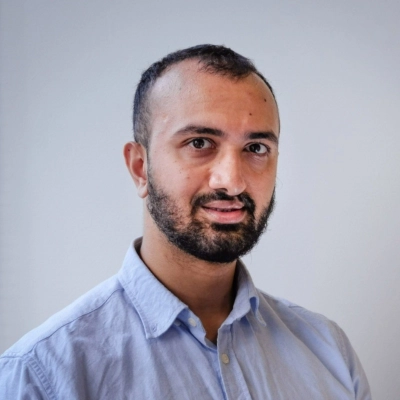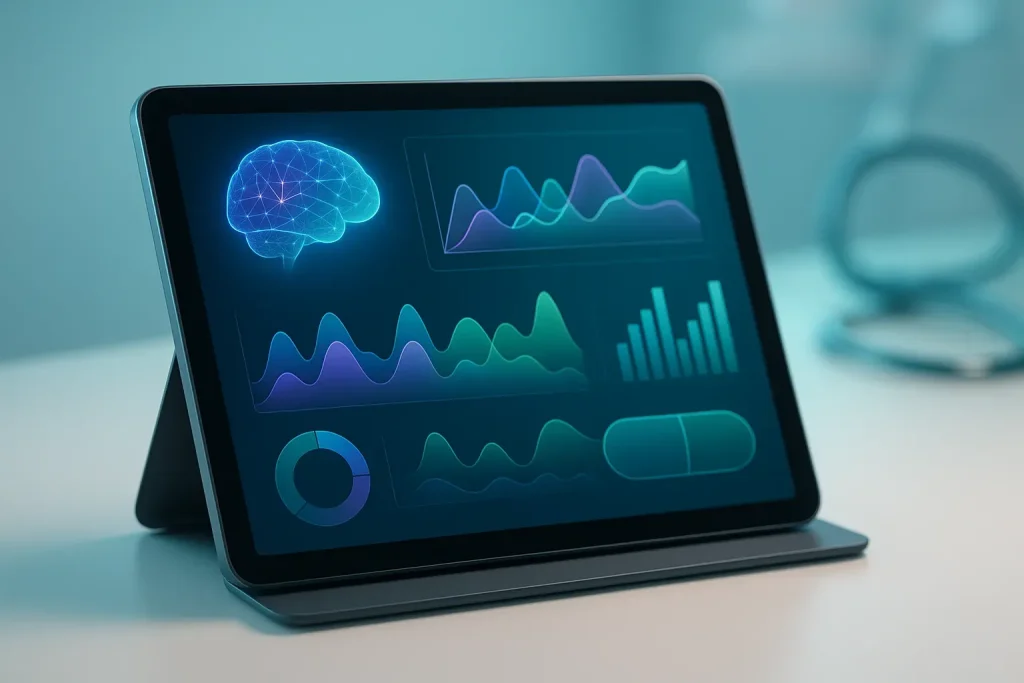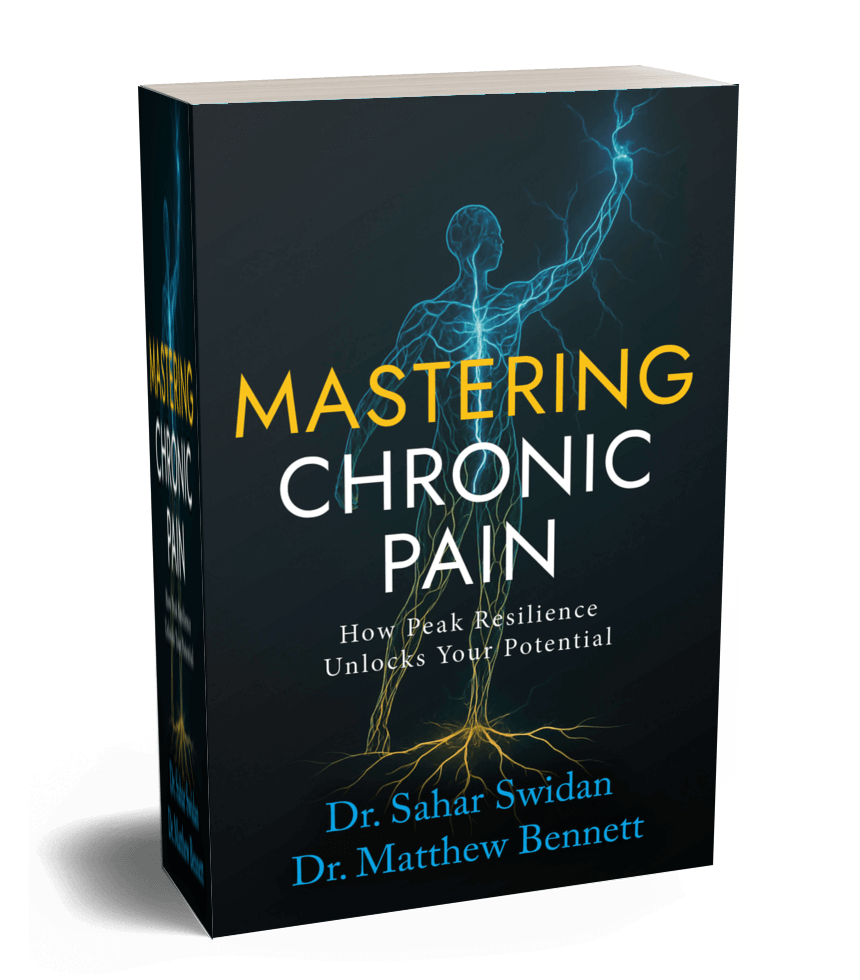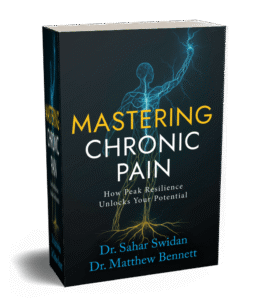Healthcare professionals are reporting remarkable patient outcomes through AI-powered personalized treatments, as revealed in expert testimonials from medical specialists. The integration of artificial intelligence has transformed numerous medical scenarios, from identifying rare genetic markers to preventing dangerous drug interactions. These real-world success stories demonstrate how technology is enhancing clinical decision-making while maintaining the essential human elements of patient care.
- AI Monitoring Reveals Hidden Health Patterns
- AI Flags Rare Mutation for Targeted Cancer Treatment
- AI Enhances Early Detection of Retinal Changes
- AI Prevents Dangerous Medication Interaction
- Surgical Outcomes Modeled Through AI Imaging
- Secure AI Access Transforms Therapy Note-Taking
- Technology Strengthens Human Connection in Medicine
- AI Connects Digestive Inflammation to Treatment Resistance
AI Monitoring Reveals Hidden Health Patterns
One memorable experience where AI supported my practice involved a patient managing both diabetes and hypertension. Despite regular follow-ups, the patient’s blood pressure and glucose readings fluctuated unpredictably, making it difficult to adjust treatment effectively.
By integrating an AI-powered monitoring tool, we were able to analyze daily data collected from the patient’s home devices. The AI highlighted patterns that were easy to miss in routine office visits, for example, elevated evening blood pressure readings linked to dietary choices and inconsistent medication timing.
With this insight, I was able to personalize the treatment plan more precisely. We reinforced medication adherence strategies, adjusted diet recommendations for evening meals, and provided targeted lifestyle counseling based on the patient’s actual day-to-day habits.
Within a few weeks, both blood pressure and glucose readings stabilized significantly. The patient expressed that seeing their progress visualized through AI-driven feedback made them more engaged and motivated to follow the plan consistently.
The greatest insight I gained from this case is that AI can extend care beyond the exam room. Analyzing real-world data helps me understand my patients’ health in their everyday environments, rather than relying solely on snapshots from office visits.
For me, AI is not replacing the physician-patient relationship; it’s enhancing it. It strengthens my ability to make informed, individualized decisions while empowering patients with a clearer understanding of how their choices impact their health.

AI Flags Rare Mutation for Targeted Cancer Treatment
This was one case of a middle-aged patient who had a rather rare form of colorectal cancer. We analyzed the tumor using genomic sequencing, and one of the AI-based tools in our oncology practice flagged a mutation which is very rare – but it was associated with chemotherapy resistance against the conventional regimen. To be honest, I wouldn’t have picked that up immediately because it was buried somewhere in a long report and underappreciated in the literature where I usually source my information. Moreover, the fact that AI scoured through more recent clinical trials and linked it to a targeted therapy that was not the usual first-line option made it interesting. I made my personal assessment of the data and then went on to consult with the molecular team, and we basically took the advice of AI. As a result, the patient showed much higher effectiveness than expected. What really captured my attention was how AI didn’t take the place of my decision: it actually broadened my approach. It helped me catch missed opportunities more quickly, and this treatment could feel really patient-centered.

AI Enhances Early Detection of Retinal Changes
In my practice as an ophthalmologist, one memorable experience where AI truly made a difference was with a patient who came in for a routine exam but had subtle changes in their retinal images that were not immediately obvious to the eye. By using AI-driven imaging analysis, we were able to detect very early signs of retinal changes linked to systemic health concerns. What made this case stand out was how the technology highlighted patterns that allowed me to personalize the treatment plan—focusing not only on protecting the patient’s vision but also on coordinating with their primary care provider for broader health management.
The insight I gained from this case was powerful: AI doesn’t replace clinical judgment – it enhances it by revealing details that might otherwise go unnoticed. This led to better patient engagement because when I showed the patient the AI-enhanced images and explained the findings, they immediately understood the importance of follow-up care.
Key takeaways from this experience:
Early Intervention – AI flagged subtle changes, allowing for proactive treatment before symptoms worsened.
Personalized Care – The patient’s plan included tailored lifestyle recommendations and closer monitoring.
Improved Communication – Visual AI reports helped the patient grasp the urgency and value of compliance.
Collaboration – It reinforced the importance of coordinating with other providers for whole-body health.
This experience confirmed for me that AI can be a powerful partner in delivering highly personalized, preventative eye care.

AI Prevents Dangerous Medication Interaction
In a recent case involving a patient with both diabetes and heart failure, I utilized an AI interaction checker that quickly identified a dangerous medication combination that could have led to elevated potassium and kidney strain. This insight allowed me to modify the treatment plan by substituting acetaminophen and a topical NSAID for ibuprofen, while maintaining the necessary cardiac medications. The personalized adjustment resulted in normal laboratory values and significantly improved pain management for the patient, demonstrating how AI tools can enhance clinical decision-making in complex cases with multiple conditions.

Surgical Outcomes Modeled Through AI Imaging
AI has been especially useful in my practice for customizing the planning of reconstructive and aesthetic surgery. In one particularly noteworthy instance, a patient contemplating facial rejuvenation expressed concern about the potential appearance of the outcome. Based on her anatomy and preferences, we were able to model various surgery outcomes using AI-driven imaging techniques. We were able to modify the surgery plan to better suit her objectives in addition to helping to create reasonable expectations.
I realized how much AI can improve trust and communication. Patients feel more assured and involved in their care when they are able to see possible outcomes and comprehend why some methods might be more effective than others. By fusing clinical knowledge with predictive modeling, it helps the doctor make better decisions.

Secure AI Access Transforms Therapy Note-Taking
As someone who helps therapists integrate AI into clinical note-taking, I saw a case where a therapist used ChatGPT after sessions to reflect on a client and get feedback on care. With ChatGPT’s voice mode, it felt like talking to a colleague, but paraphrasing sessions was both cumbersome and raised privacy concerns. To solve this, we integrated ChatGPT into IntelliSession, giving secure access to each client’s therapy conversations and full therapy history. The insight we gained was that effective personalization in healthcare requires AI to see the whole picture, but it must do so in a way that rigorously safeguards privacy and security.

Technology Strengthens Human Connection in Medicine
AI has been a valuable tool in helping us better understand individual patient needs and personalize care. For example, by using AI-driven insights, we’ve been able to analyze health patterns and lifestyle factors that might otherwise go unnoticed. This allows us to recommend more tailored approaches rather than relying solely on general guidelines. The key insight we’ve gained is that when care feels personal and relevant, patients are more engaged and motivated to follow through with treatment. It reinforces the idea that technology, when used thoughtfully, can strengthen the human connection in medicine rather than replace it.

AI Connects Digestive Inflammation to Treatment Resistance
We had a patient whose progress with our laser treatments stalled while following a proven treatment plan. We used an AI-powered analytics tool to process her full health profile, including body composition scans, metabolic data, and even her gut microbiome markers. The system analyzed these inputs against our historical treatment data and identified a subtle correlation we had previously missed. It recommended a modified protocol with a different laser frequency and a specific post-treatment nutritional window, which led to a breakthrough in her treatment.
We realized that AI’s value is not just in optimizing the treatment itself, but in revealing the interplay between different physiological systems. It connected her specific digestive inflammation patterns to her body’s resistance to fat reduction. This showed us that the future of personalized medicine lies in integrating a much wider set of biological data. The AI doesn’t replace clinical judgment; it just gives it a much deeper and wider field of vision.














